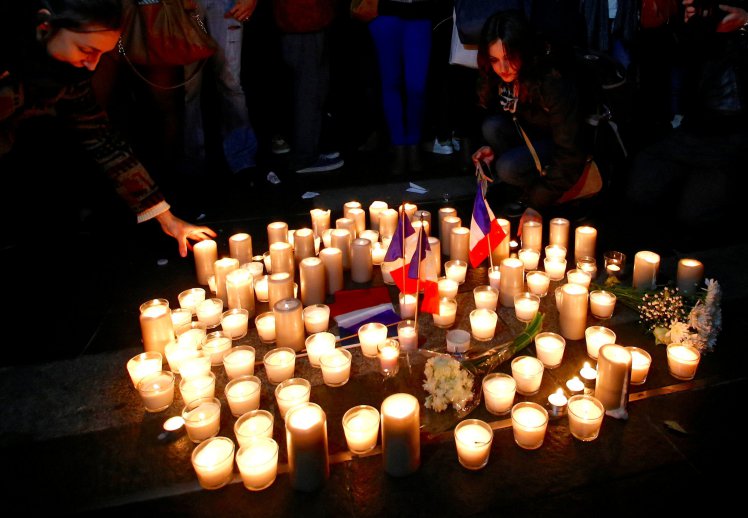Paris – The main question asked at the governmental, political and security levels ever since the bloody terrorist attack had targeted the city of Nice during the French Bastille Day celebrations, was to label the operation and identify the attacker.
Mohamed Lahouaiej Bouhlel: Is he a terrorist from the “Lone Wolves Attacks” category that operates away from any organization which usually sets the time, place and means of execution? Is he a member of a cell linked to the leaders of ISIS or Qaeda or Nusra in Syria and Iraq? Is this 31-year Tunisian who killed 84 victims and was on the verge of divorcing his wife, mentally ill or a violent depressive as his father earlier described him?
All these questions had filled the pages of newspapers and the statements of politicians and officials while the French presidency, the government and Interior Ministry were still hesitant in dealing with the new terrorist attack, which is the deadliest and strongest since terrorism has hit Paris late last year. In November, gunmen and suicide bombers attacked a concert hall, a major stadium, restaurants and bars east Paris and left 130 people dead and 350 wounded.
Similar to every terrorist attack, the question remains: What were the extra security measures that could have prevented the Nice operation from happening?
Amid the assertions of French Prime Minister Manuel Valls who said Friday there were no “failings” at the security level, and the announcement of President Francois Hollande to extend for another three months the state of emergency that was supposed to end in 10 days, the only measure left was to call on the private reserve forces as a backup to the security personnel.
If implemented, such a measure would offer 28,000 personnel from the retired policemen and 26,000 from the civil society, and therefore, would force thousands of employees to resign from their positions.
The new item added yesterday to the Nice case was when ISIS claimed responsibly for the operation in a statement via its Amaq news service and its Al Bayan station. Officials and experts waited for this claim to determine the level of the massacre.
However, controversies were not yet solved in the absence of physical evidences that security apparatus were looking for when they arrested 5 people linked to Mohamed Lahouaiej Bouhlel, including his ex-wife who was arrested on Friday in addition to four people arrested yesterday.
Security experts are also seeking to “cross-examine” Bouhlel’s cell phone, found in the truck he was driving when he committed the attack, and therefore, identify the people he spoke with before the operation in the French Riviera.
In its statement, ISIS said Mohamed Lahouaiej Bouhlel one of its “soldiers” carried out the attack “in response to calls to target nations of coalition states that are fighting (ISIS)”. The statement also said the attack was executed in a “new way” referring to the 17-tonne truck used to cause the largest number of victims.
The operation is linked to the 2014 invitations made by ISIS spokesman, Abu Muhammad al-Adnani who called on the groups’ followers to attack Westerners with all possible means including cars.
However, will claiming responsibility for the attack squander away doubts about the nature of the terrorist operation in Nice?
Before ISIS issued its statement yesterday, Prime Minister Manuel Valls, contrary to his interior minister Bernard Cazeneuve, was the most certain about the terrorist nature of the Nice massacre.
Valls said Friday that Bouhlel was certainly linked to extremists in a way or another. President Hollande had referred the operation to “Islamic Terrorism,” the first time he uses such expression.
However, the French interior minister was more cautious in his comments while Paris chief prosecutor Francois Molins said in his first press conference that Bouhlel was not on the radar for any kind of terror threat. The man was “entirely unknown by the intelligence services, whether nationally or locally,” Molins said.
Therefore, there were still doubts concerning the fact that ISIS was truly behind the Nice operation or whether it had claimed responsibility to show “it was still capable to attack its targets in all locations despite its losses in Syria and Iraq.” Until yesterday afternoon, the French official authorities had not issued any comments on the ISIS Amaq statement, pending further investigations.
Yesterday, France entered a three-day national mourning. Flags were flying at half-staff in many cities and a moment of silence will be held on Monday noon nationwide.
